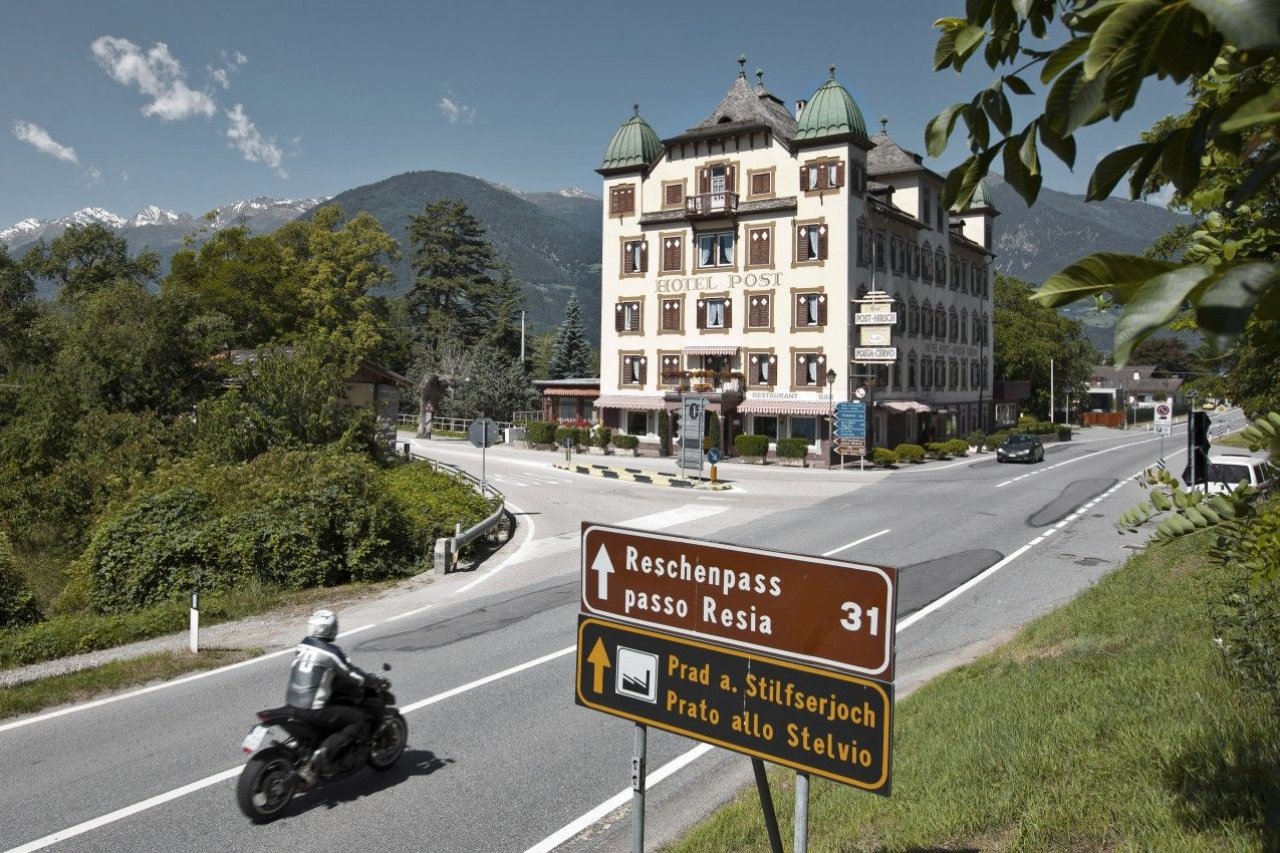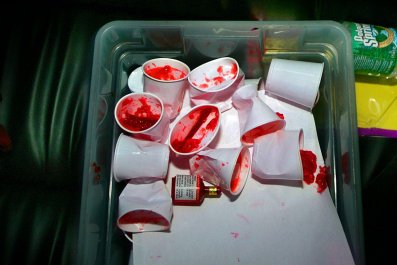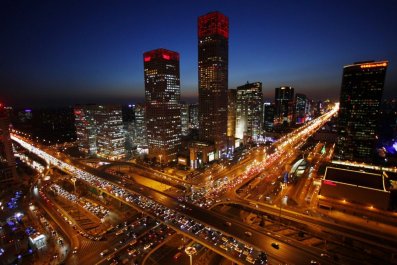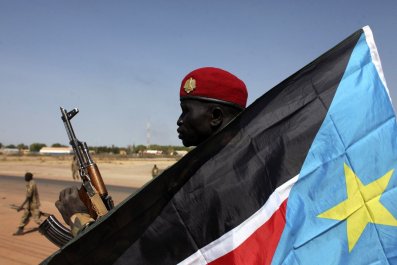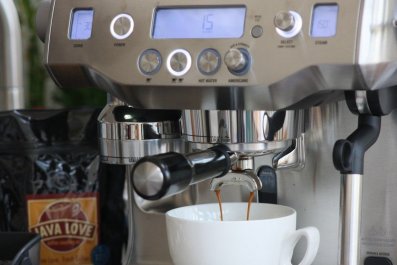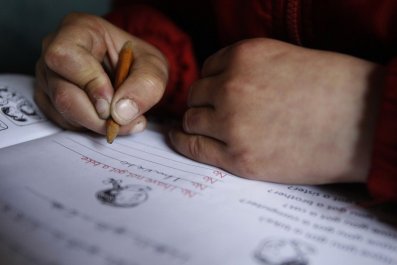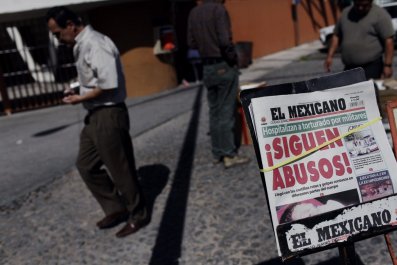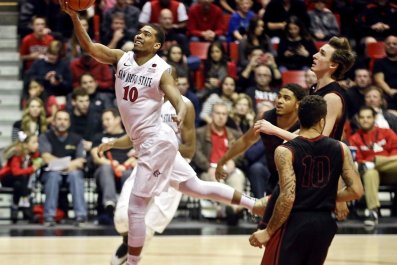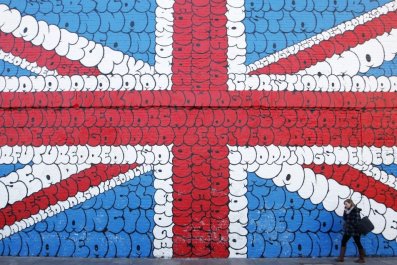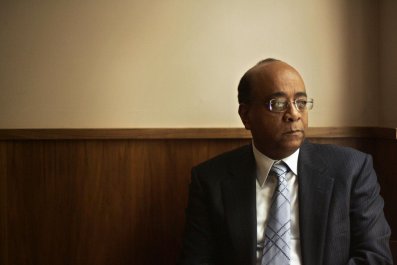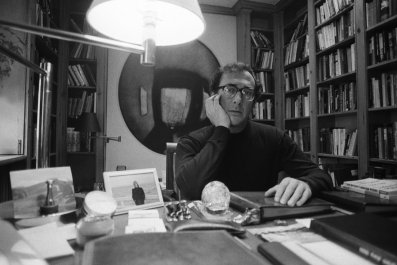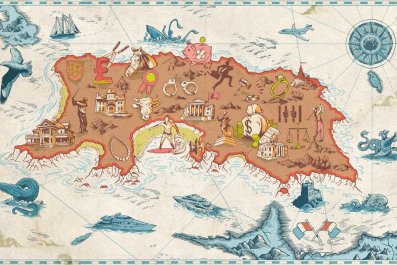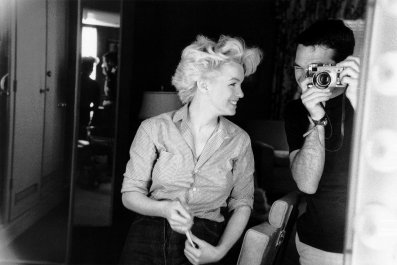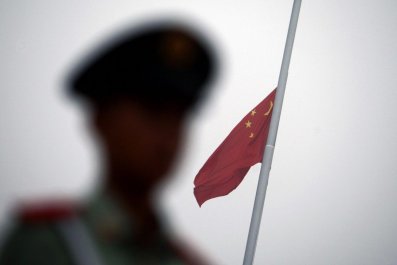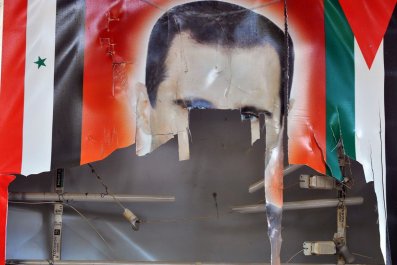In Italy's Alps, at the border with Austria, there's a land where people speak in German and dream of independence.
Once part of the Austro-Hungarian empire, it was annexed by Italy at the end of World War I. But even today, not a single drop of Italian blood runs through the veins of its more than 500,000 inhabitants.
They feel and simply are still Austro-German. If a Neapolitan or Roman, but even a Florentine, pops up asking for directions, they'll look at him in a funny way trying to grasp what he's saying and (might) reluctantly reply in Italian with a pronounced German accent.
In honor of bilingualism, all roads, locations, villages and peaks bear both German and Italian names. Citizens' ID cards are different from the rest of Italy's - they are green and written in both languages. Children go to separate schools according to their mother tongue, and there's even a third linguistic group: Ladin, a vulgar alpine version of Latin.
Real Italians here are in a minority. Those coming from other parts of the boot will feel like fish out of water, while foreigners might think they've inadvertently stepped across the border into Austria.
Welcome to South Tyrol (Alto Adige in Italian), an autonomous province that enjoys special powers due to its ethnic mix and its particular history. The Italian state has granted it a high level of self-government and fiscal autonomy. More than 90 percent of taxes raised in Alto Adige remain within the territory, while Italy's Treasury each year allocates to the area more funds than to other Italian regions.
The main city, Bolzano (Bozen in German), is a medieval jewel of picturesque alleys, arched galleries, colorful and frescoed chalets. It's Italy's richest city and boasts its highest quality of life. The gross domestic product per capita stands at €37,000 versus Naples' €16,000. Practically, it's another Italy - a paradise.
Locals hardly know what unemployment is: Trade, tourism and agriculture have made the local economy flourish. The snowcapped Dolomites mountain range features the best slopes in Italy each winter luring millions of skiers, hikers and climbers. And there are some great wines, too.
But money doesn't buy happiness, and autonomy isn't enough. Tyrolese residents want independence, which translates into either reuniting with their homeland, Austria, or at least splitting from Italy. They're ready for a referendum.
Wall posters cry out "Süd-Tirol ist nicht Italien!" ("South Tyrol is not Italian!"). Ethnic assimilation has made little headway, giving way to overt racism between Italian and German groups. The Alpine silence has more than once been shattered by separatist terrorist bombs.
It's above all a linguistic battle. Several mountain huts have had their original German names restored. So Rifugio Vittorio Veneto has reverted to Schwarzensteinhutte (Black Rock), a move that is a victory for the separatist party, Süd-Tiroler Freiheit (South Tyrolese Freedom).
"Those names were Fascist," said Sven Knoll, 33, the party's co-founder. "The cottages were built at the end of 19th century by the [Austrian] Empire and named after the Austro-German groups who erected them. Mussolini's regime expropriated the lodges and Italianized their names."
Bolzano's city council recently approved a law which scraps placing the Italian flag outside little restaurant-chalets. "Before, all service contracts made it compulsory to place the Italian standard at the entrance. It was a typical Fascist trait. We've abolished it," said Knoll. Now the hoteliers are free to display the red-and-white South Tyrol ensign featuring the royal Austrian eagle that was outlawed until 1983.
"We don't identify ourselves with the Italian flag," said Knoll. "It symbolizes the abuses we had to endure from a state that occupied our territory and tried to destroy our identity. But we've got nothing against Italy's people. Simply, the only Italian thing I've got is my ID card."
Everything Italian has come to have a somewhat negative, Fascist connotation. "In the Italian part of Bozen, built during the [Fascist] regime, you'll come across a Fascist monument. Engraved on it are these words: 'We have come and brought culture to these barbarian people.' How can this be still tolerated?" Knoll asked.
He would love to bring down all the Italian and Fascist heritage symbols. "The regime has forced upon us Italian traditions and names," he said. "Locations were renamed after some great battle or event linked to Italian unification. But we've never been part of Italy. We're not Italian and will never be."
"When I was at school my teacher once made a big red cross on my essay simply because I had written the name South Tyrol which has been illegal for decades," said Knoll. "She got mad and said that place existed only in Austria."
When South Tyrol was annexed to Italy, Knoll's family, like many others, was split on either side of the border. Many of his relatives in the past were obliged to use the Italian surname Zoccoli (clogs) when they applied for a job in the public service. Today Knoll lives half the time in Italy, half in Austria.
The Italianization of the region was never complete, said Knoll, despite Mussolini drafting in thousands of Italian settler families from Italian cities.
"Ethnic inequalities remain," said Knoll. "German as well as Italian can be spoken now, yet Italian remains the sole official language. In courts, police headquarters and all other public offices there's a lack of German-speaking employees and this, too, is part of the Fascist heritage. Mussolini's bureaucracy was exclusively made up of Italians."
Knoll, whose ultimate aim is to wrest South Tyrol from Italy, is encouraged by the rise in micronationalist movements in other parts of Europe.
"In Scotland and Catalonia, people will soon vote to decide where they belong," he said. "We want to be able to do the same. There could be two possible outcomes: Either the creation of a new independent state or the reunification with Austria. I'd vote for the latter."



